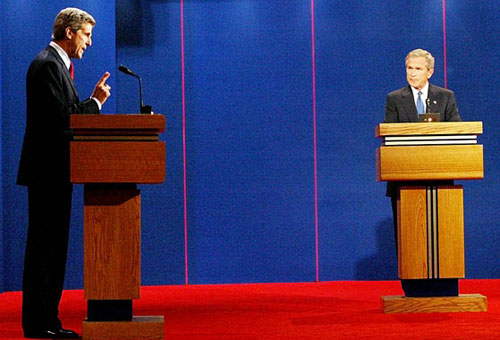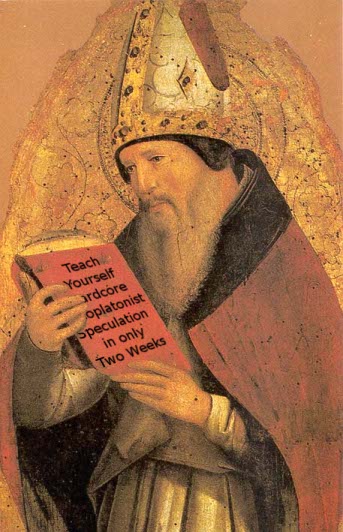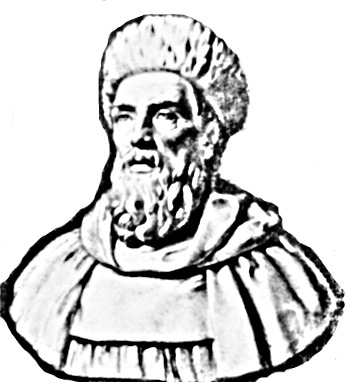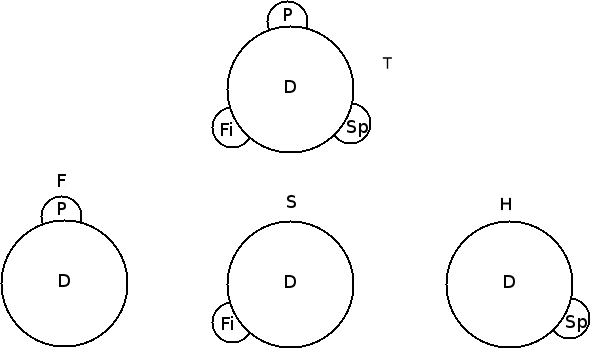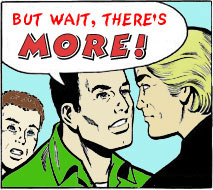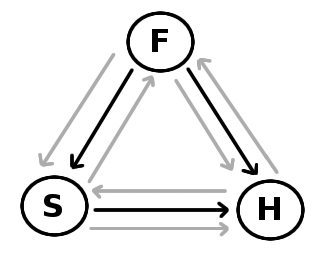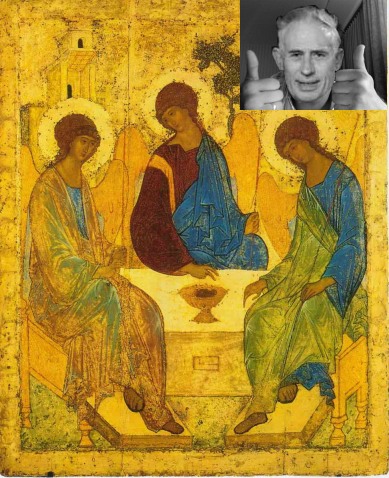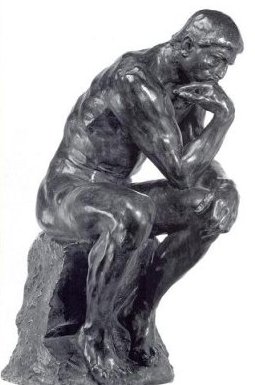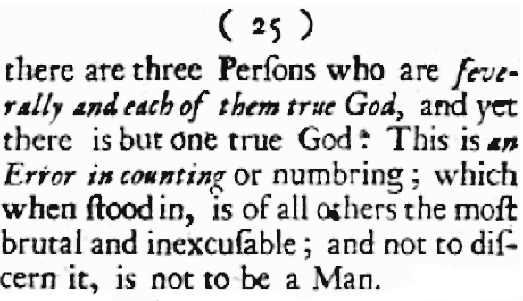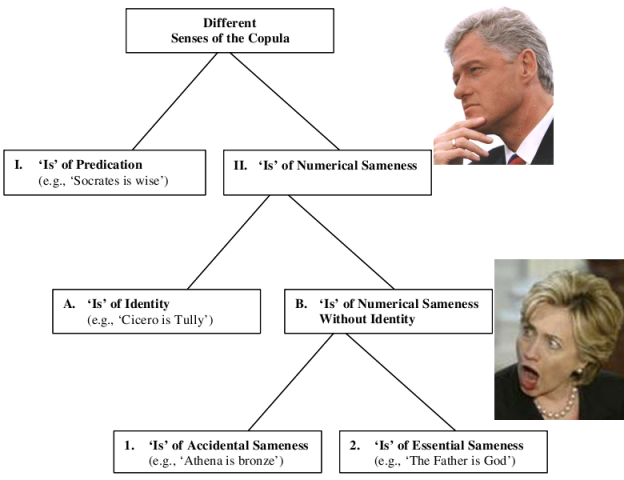H.O.G. Questions
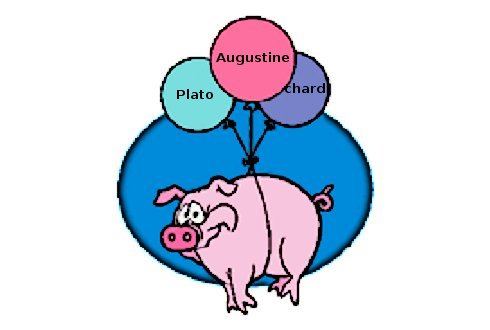
MMM indeed! Henry of Ghent doesn’t spare the medieval lingo, and as Scott points out, it seems he never met a trinitarian theory he didn’t like – emanation, psychology, relations – it’s all good! Thanks to its being Thanksgiving break – and let me say Happy Thanksgiving to all our American and Canadian readers – I’ve caught up on the recent posts, as well as some very involved comments on my original H.O.G. post. (To those just jumping in – we’re using some letters defined in this post – it actually helps!) Here are some comments and questions relating to the lengthy comments on my original H.O.G. post. Perhaps this’ll give Scott some grist for the mill as he continues his series on Henry’s trinitarian theory. Read More »H.O.G. Questions

